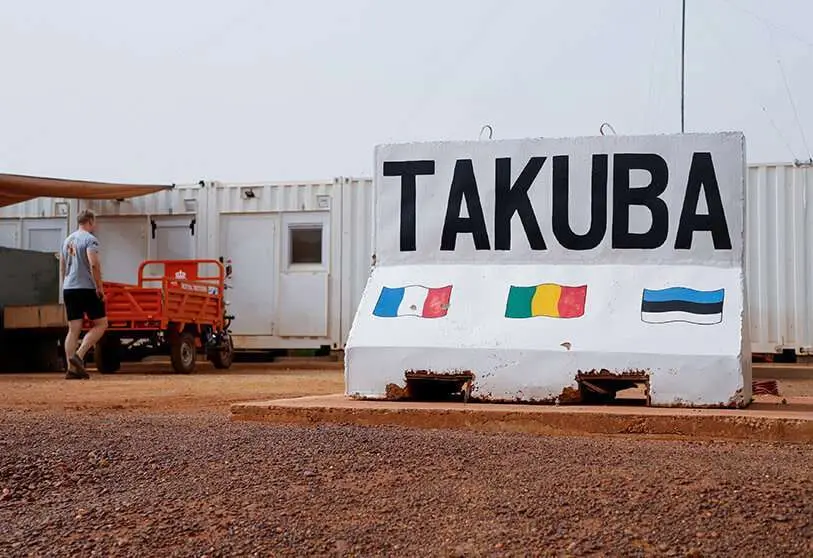Mali demands immediate withdrawal of Danish troops

The African country is still recovering from the aftermath of the coup d'état in August 2020, which ousted President Ibrahim Boubacar Keita. Since that event, a military junta with a transitional president and prime minister has been in place, but they were overthrown in a second coup in May 2021, leaving the post of president in the hands of Colonel Assimi Goita, president of the transitional government.
The situation was so unstable that European special forces announced their deployment in April 2021 in the Menaka area of East Africa. They joined Task Force Tabuka or Operation Tacuba, a French operation comprising a total of 900 soldiers that has been deployed in the area since March 2020. In principle, the European special forces will be deployed until the beginning of 2023. France has been present in the African country since 2013 to fight Al-Qaeda and ISIS terrorism. Despite the French presence in the Sahel region, extremist terrorism is still very present.

In addition to these special troops, there is support from states such as Belgium, Estonia, Hungary, Italy, Norway, the Netherlands, Portugal, the Czech Republic and Sweden. All these states are alerted by the increase in jihadist terrorism and the presence of mercenaries from the Russian group Wagner in Mali, as well as concerns about the impossibility of establishing a civilian government after the coup d'état. Denmark has now also expressed its concern.
In mid-January, the Nordic country announced the deployment of military troops in the country, finally deploying more than 90 special forces troops in the Sahel country on 18 January. According to a statement issued by the military junta, "The government stresses that this deployment was carried out without its consent and without taking into account the additional protocol applicable to European partners participating in the framework of Task Force Takuba", thus violating formalities that allow European states to intervene in the African country. "The government of Mali notes with astonishment the deployment on its territory of a contingent of Danish special forces within the Takuba force," the government said in the communiqué. Also, the government through the official ORTM television and via social media reaffirmed that the deployment was made without consent, according to the Malian news portal Malijet.

As a result, the government earlier this week demanded that Denmark "immediately" withdraw the foreign troops deployed on its territory, according to Colonel Abdoulaye Maiga, spokesman for Mali's Ministry of Administration and Decentralisation. The Danish troops are composed of elite soldiers and military surgeons, and are intended to defend and protect civilians against militias. The minister also expressed the support shown by European states for the fight against terrorism, but recalled "the need to obtain the prior agreement of the Malian authorities before sending and deploying troops to the country, the statement stressed.
Previously, Denmark has sent support troops to intervene in the country for UN peacekeeping operations MINUSMA or for the French-led Operation Barkhane. Currently, Danish troops have joined the European special forces and their operation Takuba, which have been fighting jihadism in Mali since the beginning of the year, the Danish army said. The Sahel country has been in the throes of an internal security crisis since 2012 due to the rise of Al-Qaeda and ISIS jihadist networks, which have been fuelled by the country's weakness, but above all by the two coups d'état.

Mali is also under sanctions imposed by the Economic Community of West African States (ECOWAS), a direct consequence of the prolongation of the establishment of a democratic transition by four to five years, to which the International Organisation has proposed a maximum period of 16 months for the convocation of democratic elections.








